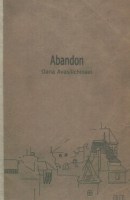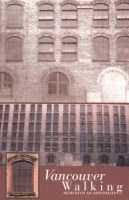
Point No Point by Jane Munro
Reviewed by Jenna Butler Jane Munro’s Point No Point is a quietly eclectic collection of poems situated strongly in both location and recollection. Just as her poems are rooted in the physical landscape and rugged geography of British Columbia’s west coast, so too are they deeply anchored in memory and the ways in which we carry memory: in the blood and in the bones. These poems reveal Munro’s fine hand at contrast: at the same time that the physical landscape she writes about is harsh and isolating, it is also recreated and softened through memory. This is true of events and people, also — to the point where memory becomes a malleable thing and is open to alteration, whether intentionally








